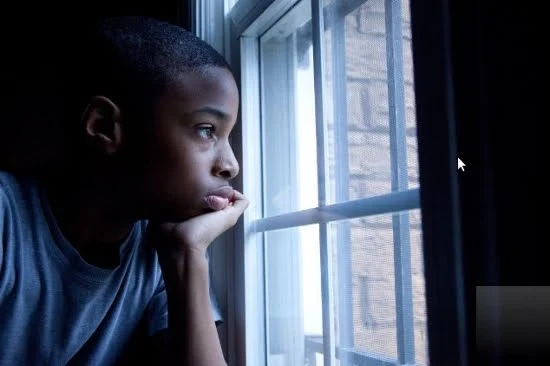Justin here with a look at the amazing documentary, Waiting for Superman.

Waiting for Superman is kind of difficult to write about as a movie. I am totally on board with many of the changes that this movie advocates. I am a product of the public school system and while I am grateful for the opportunities I had going to good schools in upper-middle class white neighborhoods, I still had plenty of awful teachers and saw firsthand many of the problems plaguing the public school system from ineffectual administrators to nonsensical policy changes like No Child Left Behind. I even entered college with the idea of becoming a high school teacher. But I quickly changed my major after I started my student teaching/observation and saw those issues from a different perspective. I have friends who are teachers who are passionate and would do anything to help their kids succeed. I also have friends who have the education to be teachers and are fired up and ambitious but can’t get jobs in their field for a lot of stupid reasons. I found out today that one of my incredibly talented teacher friends will probably be laid off this summer because she’s the only one in her grade level who doesn’t have tenure. So yeah, Davis Guggenheim’s documentary was definitely preaching to the choir here as far as content goes.
The presentation though was where things got interesting. Unlike a lot of documentarians, Guggenheim knows how to put on a show. Waiting for Superman is as riveting as any fictitious movie I've seen recently. Granted, Waiting for Superman had a lot of built in conflict to being with as teachers fight with administration, administration fights with the school board, and parents fight for their kids, this is one slick presentation and just as riveting as any drama. There’s a fine line here between presenting the facts in an engaging way – especially one that will get the average person on board – and emotional manipulation. On that sort of continuum, Waiting for Superman falls somewhere between Ken Burns and Michael Moore.

Guggenheim to his credit does make the drier, more statistical segments come to life with clever flash animations. Amazingly, these never felt contrived or condescending. The animated portions served both to illustrate talking heads, main points, and in a narrative sense to further the story. Long discussions about policy are expertly balanced with the stories of several youths from various backgrounds working hard to get into charter schools. Often times, their personal stories intersected with policy talk to show the human impact of decisions made for the benefit of adults – be they teachers, administrators, or politicians.
While I appreciated the human interest stories, at times I did feel very manipulated. Guggenheim uses the whole schmaltzy package here of selective editing, sappy music, and somber voice overs. He’s so damned effective at it that it’s hard to fault him. Don’t get me wrong though, at no point is this anywhere near the same level of manipulation as a Michael Moore movie. I couldn’t help but be a little disappointed about it though because I felt his ethos and logos were so rock solid that he didn’t need to add in so much pathos.
My other criticisms were minor. Waiting for Superman is an excellent and important documentary. The research into what works and what is currently wrong with the education system needs to be heard by as many people as possible. Simply put, this is an issue beyond left and right.

Comic book nerd that I am, I was also fond of the title. It reminded me of the super old Superman comics that came out in his first year or two. Superman was a champion of the little guy who was not afraid to grab the mayor by his collar and bust into the city morgue to show him what his lax traffic laws were responsible for. He wasn’t afraid to go expose faulty construction sites by taking the foreman up on dangerous rafters. As the title implies, it would be great if change was that simple. Unfortunately though, meaningful change to the educational system is going to require the strength and fortitude to flip everything upside down and put the emphasis back on students and efficacy in teaching. It’s going to require a lot of uncomfortable conversations and firing a lot of bad teachers and administrators. It’s a feat so strenuous that even ol’ Kal-El might not be able to pull it off.